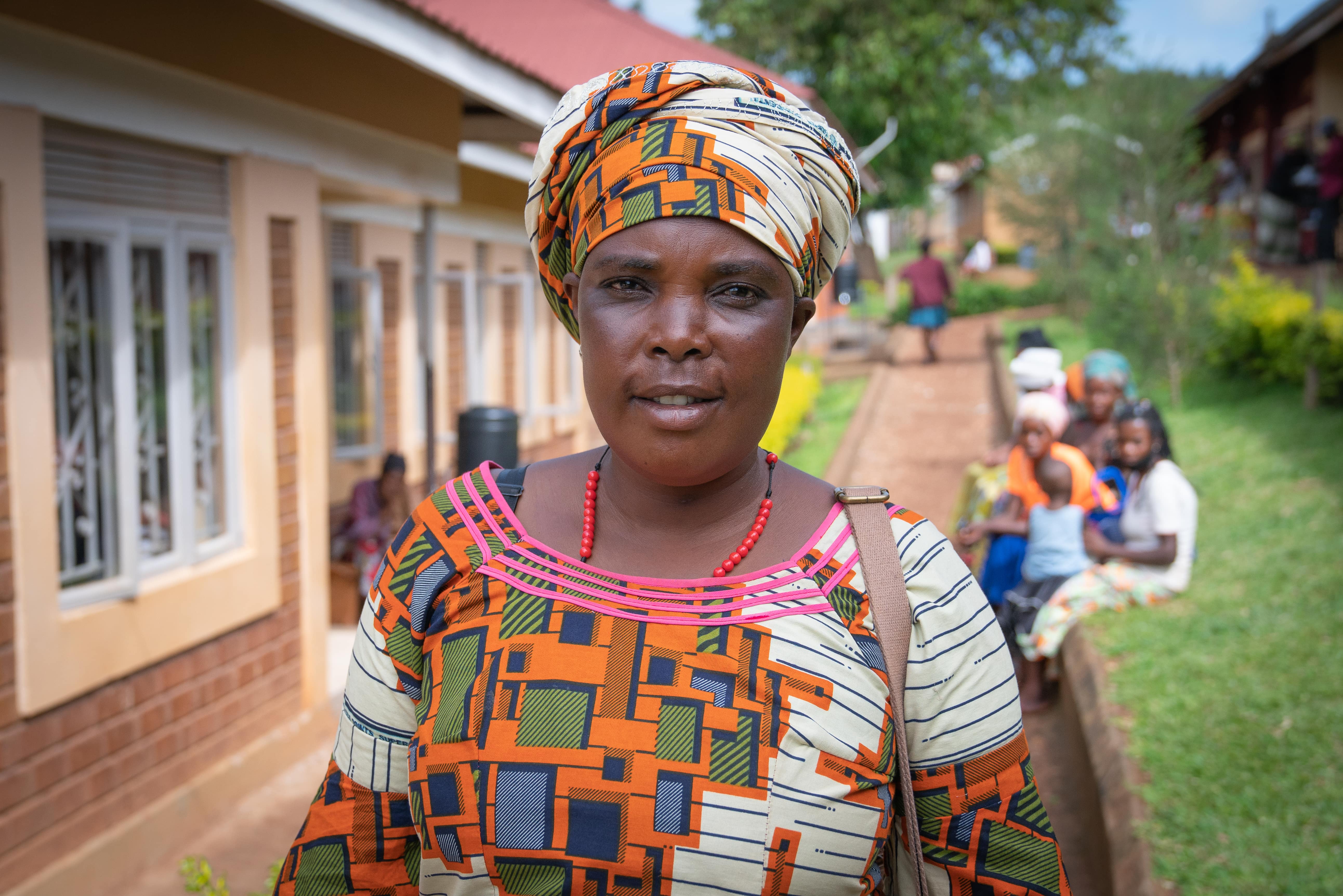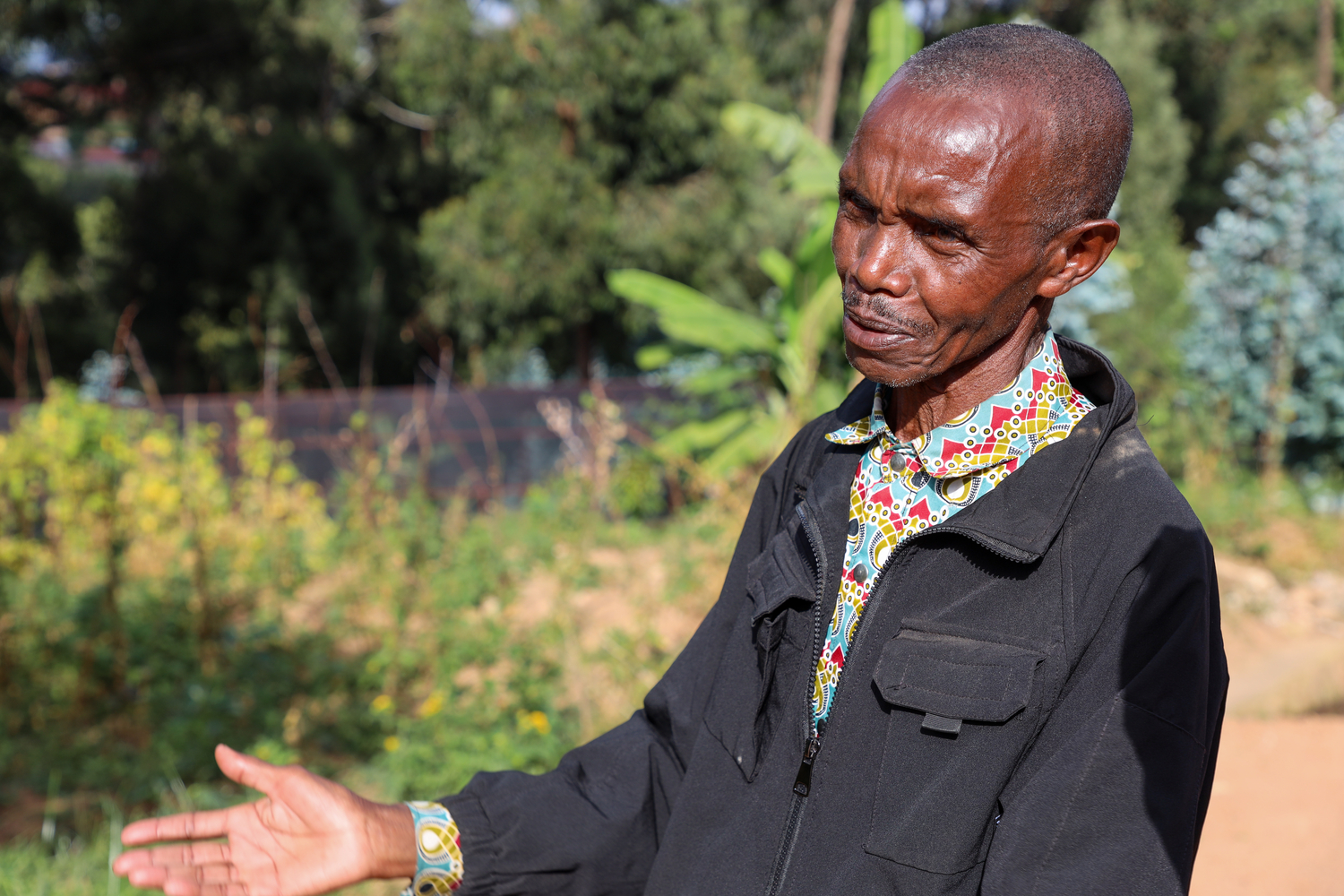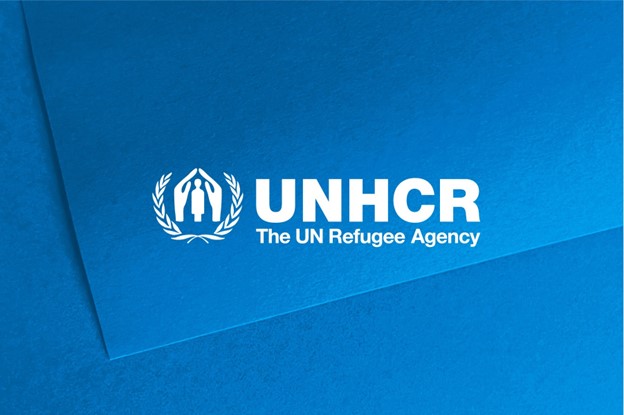UNHCR Assistant High Commissioner for Protection urges Zambia to issue documentation to refugees recognising their legal identity and enabling them to be self-sufficient
UNHCR Assistant High Commissioner for Protection urges Zambia to issue documentation to refugees recognising their legal identity and enabling them to be self-sufficient

UNHCR Assistant High Commissioner for Protection urges Zambia to issue documentation to refugees recognising their legal identity and enabling them to be self-sufficient
Wrapping up a five day visit to Zambia, UN Refugee Agency’s Assistant High Commissioner for Protection, Ms. Gillian Triggs, applauded Zambia’s exemplary hospitality towards refugees by making land available and ensuring access to several national services including education and health care.
The Assistant High Commissioner for Protection visited Meheba refugee settlement with senior government officials, Chief Mumena, Zambia’s Representative to the UN Permanent Mission in Geneva, dignitaries and ambassadors supporting refugees globally.
Following the visit, Ms. Triggs called on the authorities to consider all legal options possible to regularize the status of refugee children born in Zambia. She urged the government to conclude the legal integration of Angolans and Rwandans whose refugee status has ceased, while underscoring the importance of advancing the socio-economic aspects of their integration within the host communities.
“Children born in Zambia, who have lived here all their lives, have gone to schools in Zambia, speak Zambian languages, sing the national anthem and embrace the traditions of Zambian cultures as Zambians,’’ she observed.
During a meeting with the acting Home Affairs and Internal Security Minister, Ambrose Lufuma, and later with the President of Zambia, H.E. Mr. Hakainde Hichilema, Ms. Triggs commended Zambia for its generosity in hosting refugees and urged the country to meet its Global Compact on Refugees pledges to advance inclusion of refugees ahead of the next Global Refugee Forum in December 2023.
During a multi-stakeholder consultative meeting, attended by Chief Mumena, UNHCR’s Head of International Protection appealed for renewed efforts in finding sustainable solutions for refugees who have been living in Zambia, some for as long as 30 years and who are now at risk of statelessness. She underscored the need for legal documentation such as permits and formal identification to enhance self-reliance, access to social services and the full enjoyment of their rights.
Ms. Triggs thanked the donor community, the private sector, NGOs and the UN family, for supporting the government, refugees, and their host communities. She also commended Zambia for its vision for modernising refugee settlements to improve the socio-economic opportunities for refugees and their hosts. The Assistant High Commissioner for Protection stressed the importance of ensuring that refugees enjoy freedom of movement and are given the choice to decide where to live in Zambia.
Ms. Triggs reiterated UNHCR’s commitment to work with development actors and the private sector to support the government with its modernisation programme. She also stressed the need to ensure the legal underpinnings exist for effective integration.
BACKGROUND
Zambia currently hosts 93,493 people UNHCR serves in three refugee settlements and urban areas.
Zambia made seven pledges at the first ever Global Refugee Forum held in December 2019. The pledges represent commitments made by the government to implement and action issues to ensure refugee protection, humanitarian and development assistance.
FOR MORE INFORMATION PLEASE CONTACT:
- In Lusaka, Zambia, UNHCR Representation Office, Kelvin Shimoh, shimo@unhcr.org, +260979585832
- In Pretoria, South Africa, UNHCR Regional Bureau for Southern Africa (RBSA) Pumla Rulashe, rulashe@unhcr.org , +27 82 377 5665









